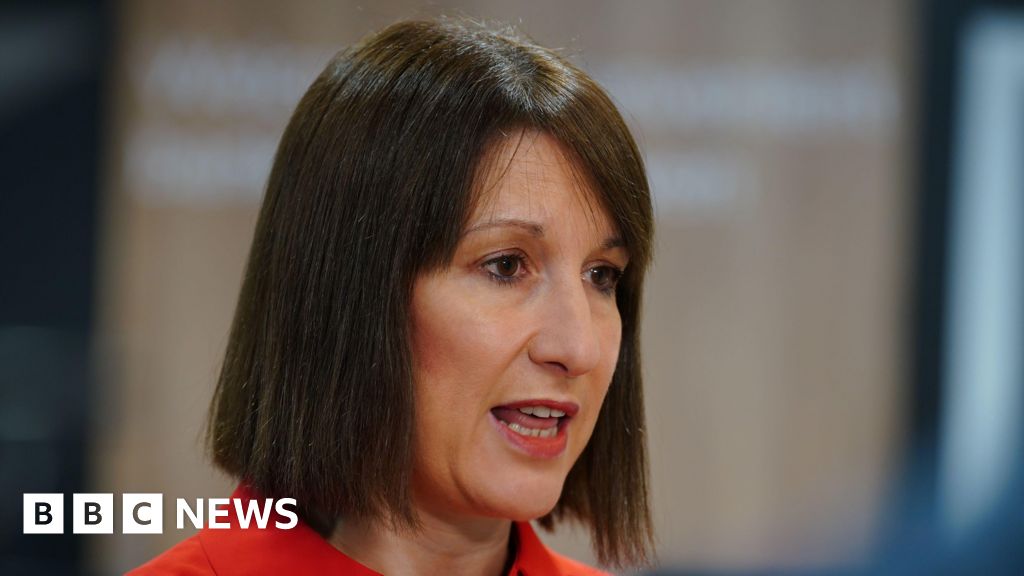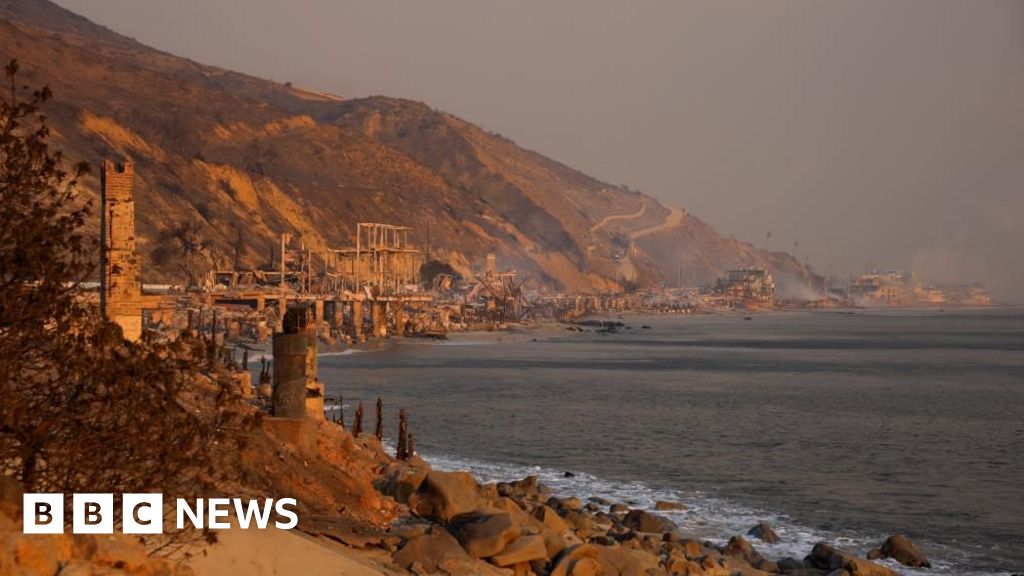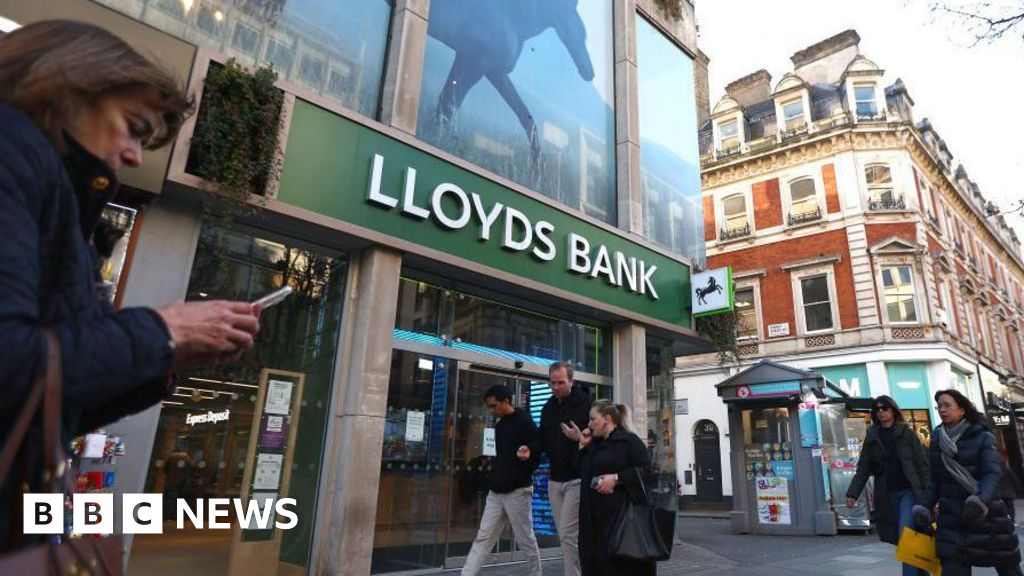The Mexican government has revealed new details in the grisly murder of a mayor, Alejandro Arcos, who was found decapitated over the weekend.
Arcos’s murder came nearly a week after President Claudia Sheinbaum took office, ramping up pressure on her administration to tamp down on cartel-related violence in the country.
On Tuesday, Security Minister Omar Garcia Harfuch told reporters that Arcos, a prominent opposition figure, had not requested any security escorts on the day of his killing.
“The mayor was going to Petaquillas for a meeting alone,” Garcia Harfuch said, referring to a town in the coastal state of Guerrero.
“We know that he was going to a specific meeting, he was not accompanied, communication was lost in the community, and the discovery [of his body] was made hours later.”
When pressed by journalists, the minister emphasised that Arcos had approached neither the Ministry of Security nor the National Guard for assistance, despite reports that the mayor had told local media he wanted extra protection.
Garcia Harfuch also underscored that the investigation into Arcos’s death was ongoing. “There is a lot of information on this subject that we must guard for the sake of the investigation,” he said.
 Mourners pay their respects during the funeral service for Alejandro Arcos on October 7 [Oscar Ramirez/Reuters]
Mourners pay their respects during the funeral service for Alejandro Arcos on October 7 [Oscar Ramirez/Reuters]
A week into office
Arcos’s death comes less than a week after he took office on September 30 as mayor of Chilpancingo, Guerrero’s capital city.
With its isolated mountains and temperate Pacific climate, Guerrero has long been a hub for the production of opium poppies, the key ingredient in heroin.
As many as 16 drug-trafficking gangs operate in the state, vying for control over the lucrative region.
The armed gangs have openly challenged the local government too, most prominently in 2023.
When two alleged members of the Los Ardillos gang were arrested, thousands of protesters took to the streets on the gang’s behalf to push for their release.
They clashed with National Guard members and police in Chilpancingo, even using an armoured vehicle to smash through the gates of the state legislature. Multiple officials were taken hostage during the unrest.
Arcos was headed to meet members of the Los Ardillos gang on Sunday, the day of his death, according to Reforma, a Mexican news outlet.
But images soon emerged on social media showing Arcos’s severed head perched atop what appeared to be his pick-up truck.
It was the second time in less than a week that a member of the municipal government had been found dead. Just three days prior, Francisco Tapia, another newly minted member of the city government, was shot to death.
Elections marred by violence
On Tuesday, Garcia Harfuch revealed that four other mayors — from Guerrero and another state, Guanajuato — had appealed for protection following Arcos’s death.
Mexico has long grappled with political violence, as cartels and other gangs seek to exert influence over government affairs.
This year, the country held its largest election in history, with nearly 20,000 public offices up for grabs, including local, state and federal positions.
But the proceedings were marred by violence: An estimated 37 candidates were killed in the lead-up to the vote, many of them seeking local office. In other cases, the relatives of candidates were killed, in apparent intimidation attempts.
The violence forced some candidates from the race. Others were assigned National Guard members for protection.
In the wake of Arcos’s death, public officials voiced frustration and anger at the ongoing violence.
“I strongly condemn the murder of the Municipal President of Chilpancingo, Alejandro Arcos Catalán,” Guerrero Governor Evelyn Salgado Pineda wrote on social media. “His loss grieves the entire Guerrero society and fills us with indignation.”
Alejandro Moreno, the head of Arcos’s conservative-leaning party, the Institutional Revolutionary Party (PRI), said on Monday, “We will not allow his death to go unpunished.”
 Secretary of Security and Citizen Protection Omar Garcia Harfuch speaks alongside President Claudia Sheinbaum at the unveiling of her security strategy on October 8 [Henry Romero/Reuters]
Secretary of Security and Citizen Protection Omar Garcia Harfuch speaks alongside President Claudia Sheinbaum at the unveiling of her security strategy on October 8 [Henry Romero/Reuters]
Sheinbaum’s security strategy
As government officials grappled with the fallout from Arcos’s death on Tuesday, President Sheinbaum — herself inaugurated on September 30 — revealed her proposals to bolster Mexico’s security.
A member of the left-leaning Morena Party, she ruled out a return to hardline tactics. “The war on drugs will not return,” she said, citing a controversial United States-led initiative.
Sheinbaum echoed her predecessor, the popular Morena leader Andres Manuel Lopez Obrador, in calling for measures that address the root causes of crime, like poverty.
She also asserted that her government would not resort to excessive force to tackle crime. Mexico’s military and law enforcement have long been accused of committing extrajudicial killings — and even collaborating with the cartels.
“We are not looking for extrajudicial executions, which is what was happening before,” Sheinbaum said. “What are we going to use? Prevention, attention to the causes, intelligence and [law enforcement] presence.”
Lopez Obrador, Sheinbaum’s political mentor, had been criticised for his “hugs, not bullets” approach to tackling crime — something Sheinbaum herself was accused of embracing on the campaign trail.

 Movie
Movie 3 months ago
58
3 months ago
58 






![Presidents Day Weekend Car Sales [2021 Edition] Presidents Day Weekend Car Sales [2021 Edition]](https://www.findthebestcarprice.com/wp-content/uploads/Presidents-Day-Weekend-car-sales.jpg)



 English (United States)
English (United States)